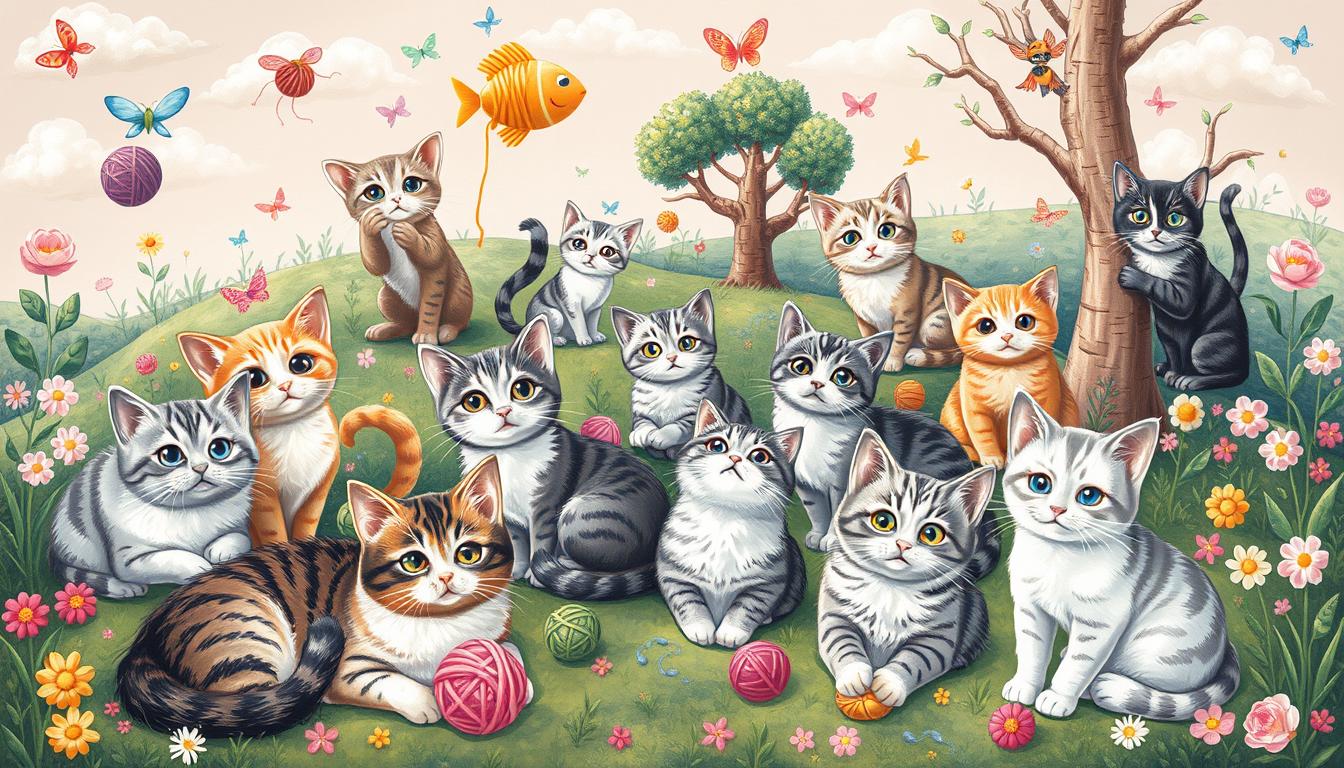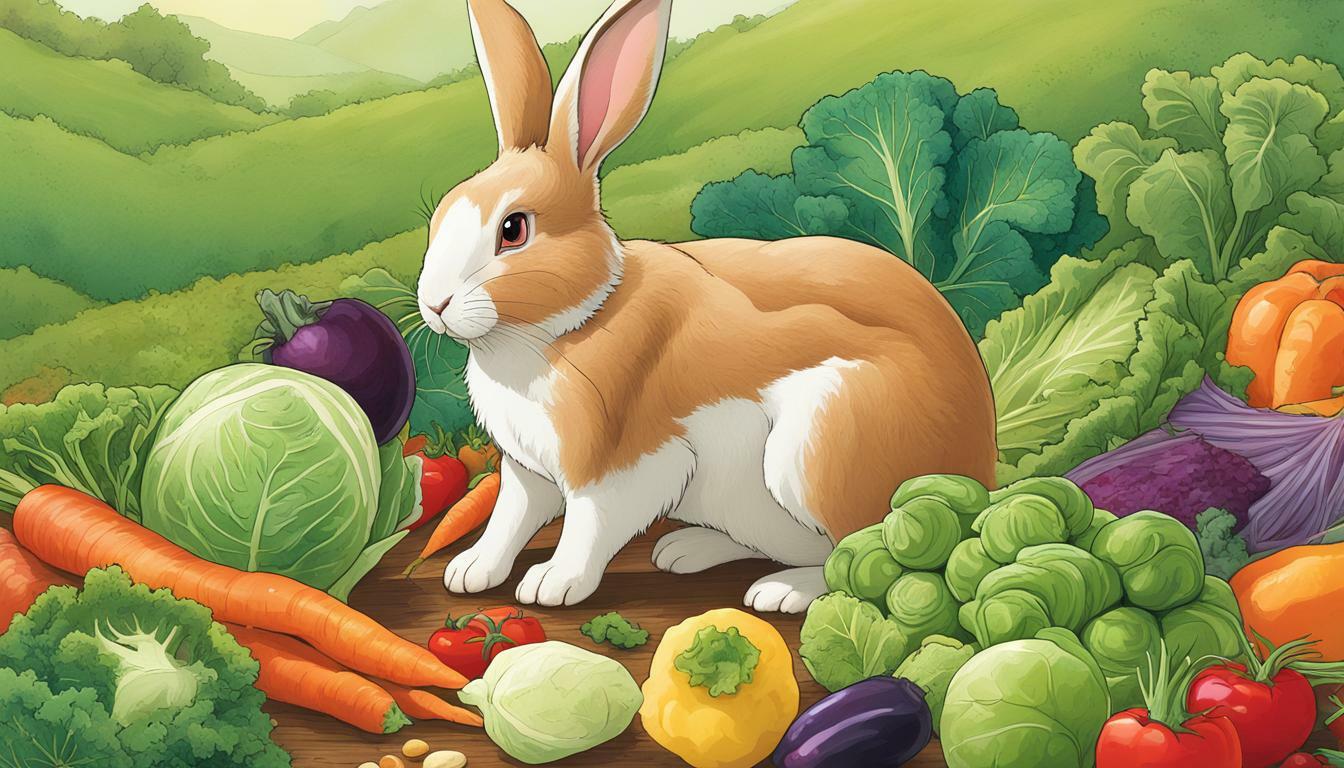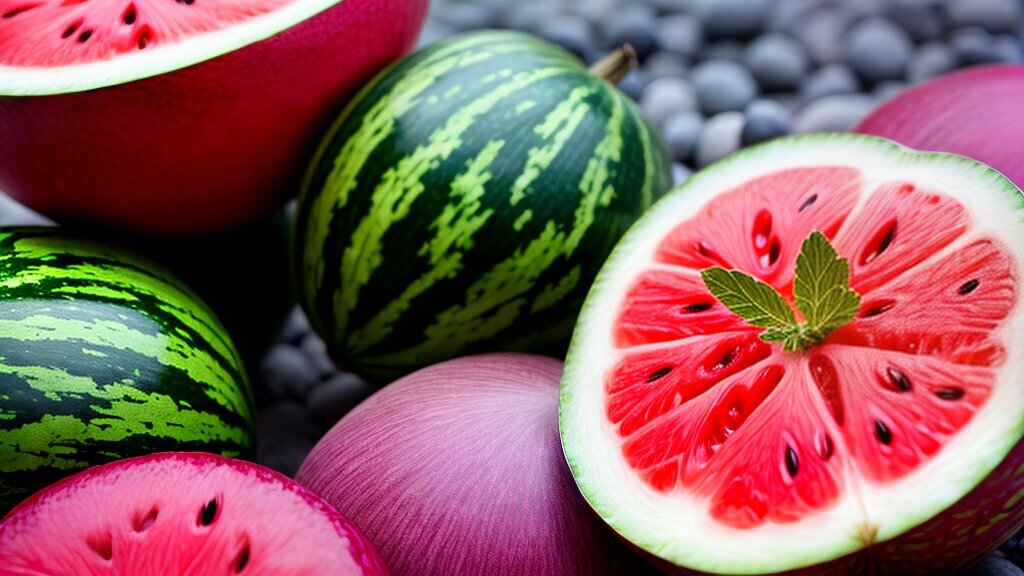Why Does My Guinea Pig Jump When I Touch Him?

Table of content:
- Typical Guinea Pig Reactions to Being Touched
- Why Guinea Pigs React This Way to Touch
- Tips to Prevent Your Guinea Pig From Jumping When Touched
- Common Guinea Pig Handling Mistakes
- Proper Techniques For Handling Your Guinea Pig
- Reading Your Guinea Pig’s Body Language
- Being Patient With a Jumpy Guinea Pig
- When to Seek Help From a Veterinarian
- Final Thoughts
Guinea pigs are prey animals that can be easily startled. Their reaction to being touched or handled can seem extreme, but it’s simply their instinct kicking in. Understanding why your guinea pig jumps when touched and how to properly interact with them can help create a rewarding relationship built on trust.
Typical Guinea Pig Reactions to Being Touched
Guinea pigs have several common reactions when you attempt to touch or handle them:
- Jumping or popcorn – Guinea pigs may jump straight up into the air or repeatedly hop in quick succession, known as “popcorning.” This is an instinctual startle response.
- Freezing – Your guinea pig may suddenly freeze in place when you reach for them. This is another fear response.
- Squeaking – Loud, high-pitched squeaks are your guinea pig’s way of signaling fear or pain. Always stop handling them if they squeak.
- Grunting – Lower grunting noises can mean your guinea pig is scared, uncomfortable, or even angry.
- Chattering teeth – The sound of your guinea pig clicking or chattering their teeth indicates feeling threatened or stressed.
- Running and hiding – If able, your guinea pig may suddenly scurry away and hide when you try to pick them up.
- Biting – Some scared guinea pigs may resort to nibbling or biting to get you to stop touching them.
Why Guinea Pigs React This Way to Touch
As prey animals, guinea pigs are hard-wired to perceive handling as a potential threat. Here’s why they often startle and react strongly:
- Instinct – Jumping and fleeing are key survival responses for prey species. This instinct persists even when guinea pigs are pets.
- Lack of trust – Guinea pigs that aren’t accustomed to frequent, gentle handling can see any touch as scary. They don’t trust humans yet.
- Vulnerability – Being swept up off the ground makes guinea pigs feel extremely vulnerable. This triggers their reflexes.
- Pain – Guinea pigs are sensitive to injury. If you touch a sore spot, they’ll likely squeak and recoil.
- Stress factors – Guinea pigs that are already anxious, ill, or stressed will be more prone to reacting negatively to handling.
Tips to Prevent Your Guinea Pig From Jumping When Touched
With time and patience, you can teach your guinea pig to associate human touch with good things instead of perceived threats. Here are some tips:
Go Slow With Handling
- Begin handling your guinea pig for only a few minutes each day. Go slowly and support their feet and hindquarters.
- Pet them gently while speaking softly before trying to pick them up. This helps them feel secure.
- Gradually increase handling time as your guinea pig seems comfortable. Don’t rush the process.
Use Positive Reinforcement
- Offer treats like small pieces of cucumber or carrot after handling sessions so your guinea pig associates touch with rewards.
- Verbally praise and pet them when they tolerate touch without reacting. Guinea pigs can learn this positive feedback.
- Avoid punishing or scolding reactions, as this can further frighten them. Stay calm and gentle.
Establish a Solid Routine
- Interact with your guinea pig frequently at around the same time each day. Consistency and predictability build trust.
- Designate a special place for focused handling sessions, like your lap or a playpen.
- Give them time to roam and exercise outside the cage so being picked up isn’t their only handling experience.
Address Underlying Stress Factors
- Guinea pigs that are chronically stressed or anxious may require extra work to tolerate handling without reacting.
- Make sure they have places to hide in their habitat. Provide enrichment toys and activities.
- Check for signs of pain that could be making touch aversive. Consult an exotics vet if needed.
- Consider getting a bonded companion if your guinea pig seems lonely or depressed.
Common Guinea Pig Handling Mistakes
Many owners make these common mistakes that lead to guinea pigs being more prone to jumping and startling:
- Attempting to pick up or touch a new guinea pig right away instead of allowing them to adjust to their new home first
- Reaching down quickly from above to swoop up the guinea pig instead of using a palm-up approach
- Making sudden loud noises or movements that trigger their reflexes
- Touching their feet or hindquarters before they are comfortable being handled
- Holding them up in midair without proper support under their feet and rump
- Petting or handling them during sleep, when they are most vulnerable
- Allowing children to chase, squeeze, or touch them roughly
- Punishing or scaring them for having instinctual reactions to touch
Proper Techniques For Handling Your Guinea Pig
Using proper handling techniques can help prevent fearful reactions in your guinea pig:
- Approach slowly and speak reassuringly before touching them.
- Scoop them up gently with one hand under their chest and the other supporting their hind legs.
- Cradle them close to your body or lap, don’t suspend them uncomfortably in midair.
- Pet the forehead and neck more than the back and rump at first.
- Hold and soothe babies and young guinea pigs frequently so they become accustomed to handling early on.
- Clip nails and perform health checks in stages, offering rewards after so they don’t associate these tasks with only fear.
- Stop handling immediately if your guinea pig seems distressed and allow them to safely run and hide if desired.
Reading Your Guinea Pig’s Body Language
Learning to understand what your guinea pig is communicating through body language and vocalizations helps you handle them appropriately:
Relaxed – Sprawling out with legs extended, eyes half-closed, making soft cooing noises
Happy – Popcorning and jumping for joy, purring or rumble-strutting
Scared – Freezing in place, standing very still with eyes wide
Angry – Raising the head with teeth chattering, lunging forward with mouth open
Stressed – Turning away with muscles tensed, chewing fur obsessively
In pain – Squealing, trembling, biting when touched in a specific spot
Being Patient With a Jumpy Guinea Pig
Some guinea pigs may take weeks or months to fully warm up to touch due to their inherited prey instincts. Be patient and go at their pace. With time, even the most high-strung guinea pig can learn to relax and enjoy human interaction. Avoid punishing or reacting negatively when they jump or flee, as this will only reinforce those fear responses. Simply return them to their enclosure and try again with the next handling session, going slowly and using positive reinforcement techniques.
When to Seek Help From a Veterinarian
In some cases, constantly jumping or running away from touch may indicate an underlying medical issue requires veterinary attention, such as:
- Arthritis or joint pain making movement painful
- Ear, dental, or skin problems making touch around the face or neck uncomfortable
- Uterine issues in unspayed sows making hindquarters tender
- Parasites causing itchiness and skin sensitivity
- Vision or hearing loss leads to being more easily startled
If you cannot identify a reason for your guinea pig’s persistent jumping and biting when touched, schedule an appointment with your exotic pet veterinarian. They can perform a full health exam and potentially prescribe medications to help address pain, inflammation, or other problems affecting your guinea pig’s behavior and quality of life.
Final Thoughts
It’s perfectly normal for your guinea pig to be jumpy and startle easily when you attempt to touch and handle them. With time, patience, and using positive reinforcement techniques, you can help them overcome fearful reflexes and learn to enjoy interacting with you.
Proper handling methods, a predictable routine, and addressing any underlying stressors or health issues can also make a big difference. Understanding guinea pig communication and not reacting negatively to their instinctive responses is key. Your understanding and compassion will go a long way in building vital trust and bonding with your guinea pig.
Welcome. I’m Adreena Shanum, the proud owner of this website, and I am incredibly passionate about animals, especially poultry. I founded adreenapets.com as a labor of love, stemming from my desire to share my knowledge and experiences with poultry enthusiasts worldwide.




